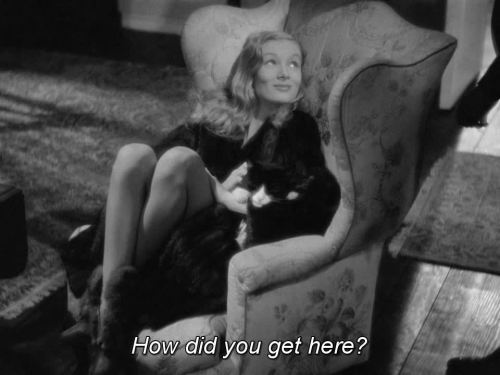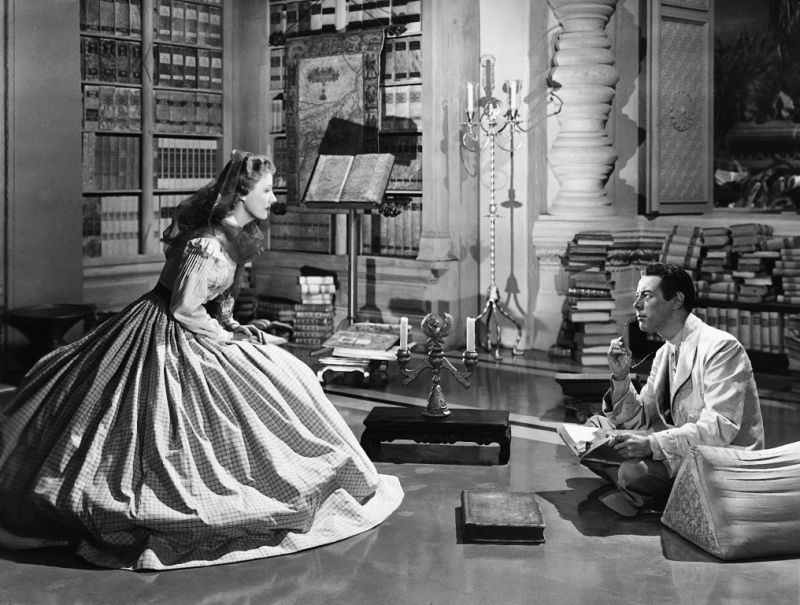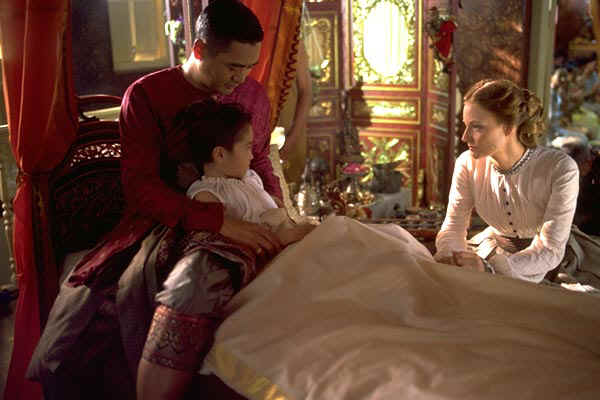A Prophet (2010)
1. French prison movie, which I have gotten the impression over the years is a surprisingly robust genre.
2. Very well made, compelling movie--one might call it the Paris movie Woody Allen didn't even think about making, though apparently many people in France thought the degree of violence in it was exaggerated and the filmmakers were too much influenced by Hollywood.
4. Pretty much the entirety of the prison population are people who are not "French" as most people would have considered that term in 1968 or so, mostly being of Arab/North African or sub-Saharan African origin. The only old style European people in the prison are a gang of Corsicans, most of whom are pretty old (over 50) themselves, with the kid of that group maybe able to pass for 35. There are no traditional French people under the age of about 50 in the entire film, and the only older ones who appear are judges and lawyers and prison administrators who might as well have descended from outer space in the world of this movie. I wonder if this is not a trend in European films, where young people of native stock have either vanished more or less entirely from the picture, or you have the Amelie-(or Midnight in Paris) style escapist fantasy where all of the angry Muslims have disappeared and it's all about Marcel and Fabienne drinking wine at the cafe again.
The English Patient (1996)
1. I remember this being a big movie for the somewhat sophisticated adult set when it came out (it won the Oscar for Best Picture in its year) which I was probably interested in but never got around to seeing at the time and now twenty years have passed.
2. Having come out just before, to my mind, the internet broke big, it still has an underlying pre-internet mentality that I recognize, and am in many ways fond of, but which also in other dates the film considerably.
3. One example of what I mean by the pre-internet mentality is in the general book-informed mental makeup of some of the characters, which is a little contrived, but the filmmakers and the actors both have an idea of and appreciation for the kind of person they are trying to depict. I don't know if a character of this type holds any similarly vivid place in the imagination, let alone the esteem, of people who have come along in the ensuing years.
4. I went back and forth several times in the course of watching this movie between liking it and not liking it. The best parts are those that evoke pre-war nostalgia, upper-class British variety, music, cocktails, black tie dinners, walking through the Cairo bizarre like you own the place. The movie's raison d'etre however is in its romances and those did not work for me. It is well-established that I am a sentimental person and am very fond of certain romantic movies whose situations move me, but that was not the case here. The premise of the Ralph Fiennes romance was that he was a prickly man but possessed of a dominating intellect and the ability to wield it with both charm and severity who would require a mental equal to even consider the possibility of romance entering his life, which seemed unlikely to happen up until it did. I found this relationship to be a bit of a snooze though, despite the objective superiority and even perfection of the involved parties. They were lacking the qualities of actual real people, which I guess was one of the themes of the movie, seeing as the main character ended up suffering injuries which caused his face to be unrecognizable and he also claimed to have forgotten his name, where he came from, and his life's history, though he continued to speak an clipped and elegant English and to retain in his possession a well-thumbed antique volume of Herodotus so that we know is not just some ordinary guy.
Kommisar (1968)
1. Deep Soviet-era movie set during the Russian Civil War which followed the 1917 Revolution. I had read the book And Quiet Flows the Dow, which deals with the same period, not long before I saw this, and it was on my mind while I watched this.
2. It was banned in the Soviet Union upon completion and not seen there, or anywhere else I think, until the late 80s. I forget why (according to Wikipedia the censors wanted more heroic realism which the director, Aleksandr Askoldov, refused to accommodate, and was banned from film-making for the remainder of the Soviet era, which was a great loss to the profession.
3. The movie stars Nonna Mordyuka, whom I had never heard of, though a major British film publication named her one of the 10 greatest film actresses of the 20th century (sadly, I cannot easily find the rest of the list).
4. The movie conveys with some success the psychology of being caught up as an ordinary and unaffiliated citizen in the midst of a war.
5. It's very good, the work of serious people who are able to think about things in a multitude of aspects and from all kinds of sides, which is the striking strength of the great Russian novelists as well. It is not like other movies, even European ones, in a way that I am having some difficulty conveying. It is not stylized, but has a more tactile and unvarnished atmosphere, that still manages to impress the viewer with its beauty.
I Married a Witch (1942)
1. There was some talent on this movie, starting with the usually high-toned French director Rene Clair, who was serving his wartime exile in Hollywood when he made this (I enjoyed his 1945 effort And Then There Were None a few years back, recorded in these pages). It starred the always capable Frederic March. 1920s and 30s New York creative world legend Robert Benchley acts in the movie, as does future Oscar-winner Susan Hayward.
2. Veronica Lake plays the witch, who went by the then somewhat unusual name of Jennifer. Having never seen her in a movie before I had an image in my mind of her as a rather vapid, over-the-top blonde bombshell type, but in this she looks and even talks like what I imagine the more attractive girls at Middlebury or Williams to be like (sorry that I use colleges for reference so much when talking about women, but I really don't have any other references for where one might expect to encounter intelligent ones socially in any kind of concentrated numbers). She was extremely tiny--4' 11", and a wisp of a figure. Her ancestral background was similar to mine, and especially to my children's, mostly Irish with some German on one side. Her career and eventually her life were cut short by alcoholism and mental illness.
3. I cannot remember a lot of the details of this rather odd film, but I like the time period, I found Veronica Lake to be very appealing, and Rene Clair's directorial style seems to tend towards a kind of understated, even spare gentility that is pleasing to me. So I liked it.
The Anna Movies
This is not even including The King and I, which I have not yet seen. I saw these because I had recently read Margaret Landon's 1944 novel, which I wrote about on my other blog.
Anna and the King of Siam (1946)
With Irene Dunne as Anna and the distinctly non-Asiatic Rex Harrison as the king.
1. It is not the greatest movie from 1946, and its seems a little overlong--though the overlong part was more in the beginning and middle I thought--I liked it more as it went on.
2. I did find Rex Harrison to be amusing and to have some presence as King Mongkut. That he was obviously English does not upset me too much. The story is very much in the tradition of encounters with exotic peoples through Western eyes, the more so as I believe the book and the various movies made about it are still banned in Thailand to this day, and the more Western one's eyes are, the less necessary it is that the King or anybody else be played by non-Western actors.
3. Irene Dunne as Anna strikes me as being very much as she comes across in the book. This is also why I usually find film versions of books that come out close upon the book's publication to be more satisfying as interpretations of the book, as opposed to pure films. They are invariably more attuned to the vision that the author was probably working from in the book.
4. Like the book, the movie is episodic (and several incidents were changed--Anna's son did not die in the book for example) but as is often the case, the interest for me is not largely in these episodes as in the king's and Anna's and to a certain extent the Kralahome's (the King's chief minister's) individual eccentricities in how they respond to situations, as being the people with the only really autonomous and interesting minds in the story.
Sultry Linda Darnell awaiting her execution for disloyalty and defiance while being a wife of the king.
Anna and the King (1999)
More modern version starring Jodie Foster (whom I generally like a little more than most stars of her generation). The king is played by Chow Yun-Fat, who is from Hong Kong.
1. I did not finish the whole movie here. This was not willful, it was just that with about half an hour left in it, the disc froze and I couldn't get it to start up again. This version is pretty long (about 2 1/2 hours) and I think I saw enough to get the idea of where it was going.
2. This version was very beautiful in a meticulous way. The wonder of modern production values and all that. It was not particularly joyous.
3. Like all modern movies based on the past, the West cannot be allowed to hold any inherent cultural superiority or moral authority over a non-Western culture. Whereas the book managed to balance a certain respect and affection for the king especially while obviously considering most of the customs of his kingdom barbaric, this film version, while regarding the various atrocities carried out in King Mongkut's name as legitimate atrocities, it takes care not to present them as contrasting with the more enlightened societies of the West, or in need of an infusion of those Western values. Ironically, for a modern movie, more effort is made to emphasize Anna's naivete as a negative quality than in the older versions of the story, where it is perhaps seen as abetting her considerable pluck. Also in this film, all of the British officials and businessmen who turn up are awful people, racist, sexist, condescending, scheming against the indigenous population, etc, while in the book the staff of the British consulate especially, as well as various Americans who happen to be in Bangkok, tend to be a helpful and reassuring presence, at to Anna (it is the book it is the French who are awful, condescending, scheming and all of that).
This is all for now.









No comments:
Post a Comment